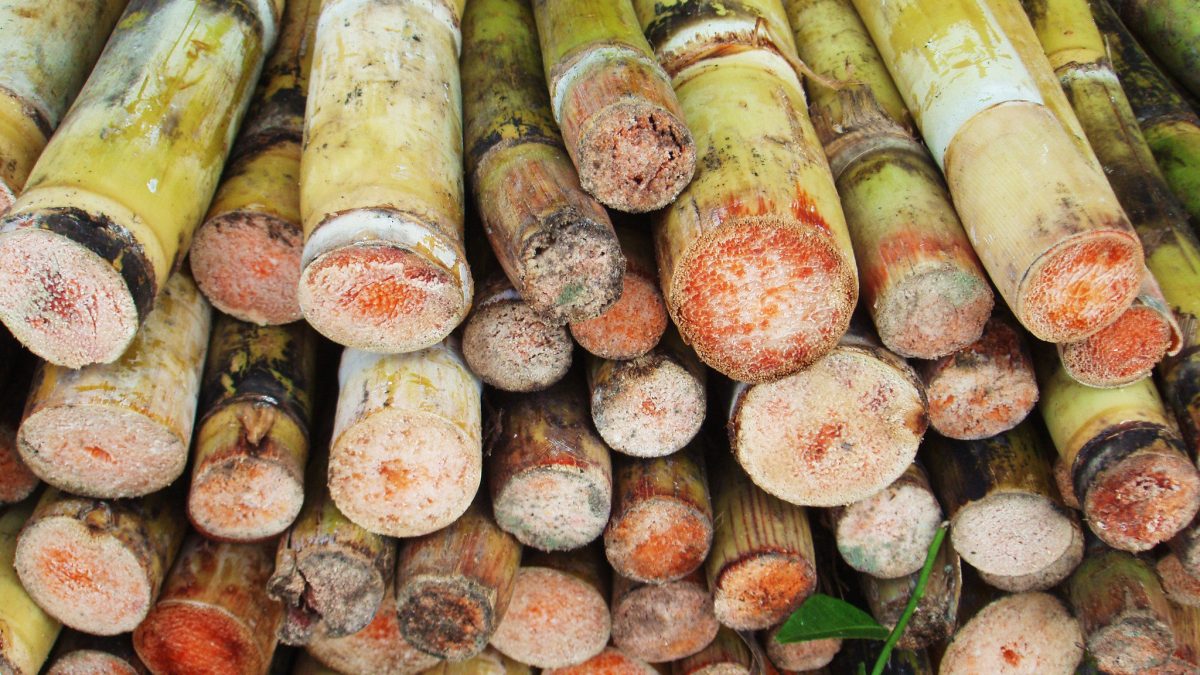Indian traders are facing difficulties in securing export contracts for sugar, even after the government permitted the export of 1 million tons, according to a Reuters report.
This challenge arises as sugar mills in India are demanding a substantial premium on top of the prevailing London sugar prices, according to four trade sources quoted by Reuters in the report.
Overseas buyers, however, are reluctant to accept these elevated prices, creating a stalemate in the export market.
The decrease in sugar exports from India, the world’s second-largest sugar producer, is expected to have a positive impact on global sugar prices.
This comes after a period where global sugar prices experienced a significant decline, reaching a three-year low this week.
The slower pace of shipments from India could potentially reduce the oversupply of sugar in the global market, thereby helping to stabilize and potentially increase prices.
This development is likely to be closely monitored by sugar traders, producers, and consumers around the world, as it could have implications for the global sugar market and the broader agricultural commodity sector.
India lifts export restriction
In a move aimed at supporting domestic sugar mills and stabilising local prices, India decided to permit exports during the ongoing season ending in September.
This strategic decision comes as India, the world’s second-largest sugar producer, grapples with a surplus of sugar stocks.
By facilitating the export of excess sugar, the government seeks to prevent a glut in the domestic market, which could lead to a sharp decline in sugar prices and adversely impact the livelihoods of sugarcane farmers.
Local prices jump
A Mumbai-based dealer with a global trade house told Reuters:
After exports were allowed, local prices jumped nearly 10%. Mills are now seeking hefty premiums over global prices to export their allocated quotas.
Mills have been assigned a uniform export quota of 3.174% of their three-year average production by the Indian Food Ministry.
This quota can be exported directly by the mills or through merchant exporters.
Four dealers with trade houses reported that traders agreed to contracts this week for 20,000 tons of white and refined sugar, Reuters said.
The shipments will be delivered in February at a price of $490 to $510 per ton on a free-on-board basis, according to the report. This price is $10 to $25 per ton above the benchmark London futures.
Profitability takes a hit
A New Delhi-based dealer told Reuters that before the export approval, Indian prices were significantly lower than global prices, making exports profitable.
However, after approval, Indian prices increased while global prices decreased, thus reducing the export incentive for mills.
The dealer said:
Mills need to export their allocated quota before September 2025, so they are not in a hurry to sign deals.
Instead, they are waiting for global prices to rise.
India’s export volumes reached nearly 7 million tons during the 2022-23 sugar season.
The government had not allowed any exports during the next season, as production was hit due to poor rainfall in the country.
The post Why Indian traders are struggling to secure sugar export contracts appeared first on Invezz

